Let’s kick things off with a question: when’s the last time you thought about your b12 vitamin levels? For most people, vitamin B12 is just a random letter and number combo on the back of a cereal box. But here’s the thing—this little nutrient is an absolute powerhouse when it comes to your health, energy, and overall vibe.
Vitamin B12, also known as cobalamin, is a water-soluble vitamin that your body needs but can’t actually make on its own. That means you have to get it from food or supplements. Why does it matter? Because B12 is essential for nerve function, making DNA, forming healthy red blood cells, and keeping your brain sharp. Skip out on B12 for too long, and you’ll definitely notice. Fatigue, brain fog, tingling hands—these are just the start.
Whether you’re a meat-lover, a vegan, or someone who just wants to level up their health, understanding how B12 vitamin works can literally change how you feel every day.

Quick Facts About B12 Vitamin
-
Chemical Name: Cobalamin
-
Solubility: Water-soluble (your body doesn’t store much, so you need it regularly)
-
Main Functions: Helps with nerve health, DNA production, energy metabolism, and red blood cell formation
-
Sources: Mainly animal products, plus fortified foods and supplements
-
Deficiency: Surprisingly common, even in developed countries
The Science Behind Vitamin B12
Alright, let’s nerd out for a second. Vitamin B12 is unique among all vitamins because it contains the mineral cobalt (hence the name cobalamin). It plays a crucial role in helping your body convert food into usable energy. It’s also needed for making myelin—the protective sheath that surrounds your nerves. Think of myelin like the insulation on an electrical wire: without it, things can short-circuit fast.
B12 also helps create DNA and RNA, the genetic material in all your cells. If you’re low on this vitamin, your cells can’t divide properly, which can mess with everything from your mood to your muscles. Plus, vitamin B12 works together with other B vitamins (like folic acid and B6) to keep your heart healthy by lowering homocysteine, an amino acid linked to heart disease.
So yeah, vitamin B12 isn’t just “nice to have”—it’s non-negotiable for a healthy, energetic life.
Vitamin B12 Benefits: Why You Need This Powerhouse Nutrient
Ready to talk about the good stuff? The list of vitamin b12 benefits is long, but let’s break it down to what matters most for real people with real lives.
Energy and Metabolism
Ever hit that 3 p.m. wall where your brain and body just refuse to cooperate? You’re not alone, and B12 vitamin could be the boost you’re missing. One of the biggest vitamin b12 benefits is its ability to support energy production. B12 helps your body convert carbs, fats, and proteins from food into ATP (adenosine triphosphate), which is the fuel your cells use to keep you moving.
If you’re low on B12, your cells are basically running on empty—cue the fatigue, weakness, and that “I just need a nap” feeling. That’s why vitamin B12 shots are so popular among celebrities, athletes, and anyone who wants a quick energy fix. And while not everyone needs to go that far, making sure you have enough B12 in your diet can make a major difference in your day-to-day energy.
Brain Health and Mood
Here’s where B12 vitamin gets really interesting. It’s a key player in your brain’s chemical balance, helping produce neurotransmitters like serotonin and dopamine. These chemicals affect your mood, motivation, focus, and even your ability to handle stress.
Low B12 levels have been linked to depression, memory loss, and even an increased risk of neurodegenerative diseases like Alzheimer’s. Some studies show that boosting your B12 intake can improve mood and mental clarity, especially if you’ve been running low. That’s why a lot of people say they feel sharper, happier, and more motivated when their B12 levels are dialed in.
Immune Support and Heart Health
Your immune system is basically your body’s personal security team, and vitamin B12 helps keep it in fighting shape. It supports the production of white blood cells, which are essential for battling infections. If you’re always catching colds or feel run-down, a B12 deficiency could be a hidden culprit.
Heart health is another biggie. B12 works with folate and vitamin B6 to keep homocysteine levels in check. High homocysteine can damage blood vessels and raise your risk for heart disease. Keeping your B12 levels up is a smart move if you want your ticker to last.

Vitamin B12 Deficiency: A Silent Epidemic
It might sound dramatic, but vitamin b12 deficiency is more common than you think. In fact, millions of people are low on B12 and have no idea—until the symptoms hit hard. Why is that? For starters, your body can’t make B12. You have to get it from food or supplements, and if you’re not careful, it’s easy to slip into deficiency territory.
What Causes Vitamin B12 Deficiency?
There are a few reasons you might end up low on B12 vitamin:
-
Not Enough in Your Diet: If you don’t eat enough animal products (meat, eggs, dairy), you could be missing out.
-
Poor Absorption: Some people have trouble absorbing B12 even if they’re eating it. This can be due to digestive issues, certain medications (like antacids and metformin), or conditions like pernicious anemia.
-
Age: As you get older, your stomach produces less acid, which makes it harder to absorb B12 from food.
Risk Factors for B12 Vitamin Deficiency
You’re at higher risk for vitamin b12 deficiency if you:
-
Follow a vegan or strict vegetarian diet
-
Are over age 50
-
Have had weight loss surgery
-
Take certain medications (especially acid blockers and diabetes drugs)
-
Have digestive disorders like Crohn’s or celiac disease
The scary part? Vitamin B12 deficiency can sneak up slowly, with vague symptoms that are easy to ignore at first.
Vitamin B12 Deficiency Symptoms: What to Watch For
So, how do you know if you’re low on B12? The symptoms can range from subtle to severe, and they don’t always hit all at once. The good news: if you catch a deficiency early, it’s pretty easy to fix.
Early Warning Signs
Some of the first vitamin b12 deficiency symptoms are easy to brush off as “just getting older” or being stressed. Look out for:
-
Fatigue: No matter how much you sleep, you still feel wiped out.
-
Brain Fog: Trouble concentrating, forgetfulness, or feeling spacey.
-
Mood Changes: Irritability, mild depression, or just not feeling like yourself.
-
Tingling/Numbness: Pins and needles in your hands or feet, or a strange “buzzing” sensation.
Long-Term Health Effects
If you ignore a B12 deficiency for too long, things can get serious:
-
Anemia: Low red blood cell count, leading to pale skin, rapid heartbeat, and shortness of breath.
-
Nerve Damage: Permanent nerve issues, muscle weakness, balance problems, and difficulty walking.
-
Vision Loss: In rare cases, untreated deficiency can mess with your optic nerves.
-
Memory Loss and Dementia: Especially in older adults, chronic low B12 is linked to cognitive decline.
The bottom line: Don’t brush off the warning signs. If you think you have vitamin b12 deficiency symptoms, get your levels checked by a doctor. A simple blood test can tell you if you’re low and help you get back on track fast.
Vitamin B12 Foods: Where to Get Your Daily Dose
Now let’s talk food—because eating your way to better health is always the best place to start. The good news? There are tons of delicious ways to get more vitamin b12 foods into your routine.
Animal-Based Sources of B12 Vitamin
Vitamin B12 is naturally found in animal products. Here’s where you’ll get the most bang for your buck:
-
Meat: Beef, pork, lamb, and especially organ meats like liver
-
Fish and Shellfish: Salmon, tuna, sardines, trout, clams, and crab
-
Dairy: Milk, cheese, and yogurt are all good sources
-
Eggs: Especially the yolks
Even just a few servings a week can cover your B12 needs if you’re eating a well-balanced diet with these foods.
Plant-Based and Vegan Options
Here’s the tricky part: plants don’t naturally contain B12. If you’re vegan or mostly plant-based, you have to get your b12 vitamin from fortified foods or supplements. Look for:
-
Fortified Plant Milks: Like soy, almond, or oat milk
-
Fortified Breakfast Cereals: Many are B12-enriched (check the label)
-
Nutritional Yeast: Some brands add B12 for a cheesy flavor boost
Fortified Foods and Supplements
If you’re not sure you’re getting enough from your meals—or you’re at higher risk for deficiency—a supplement can help you hit your targets easily. B12 supplements come in many forms (tablets, gummies, sprays), and they’re safe and effective for most people.

Vitamin B12 Dosage for Adults: How Much Is Enough?
If you’re wondering about the vitamin b12 dosage for adults, you’re not alone. Dosage can feel confusing—should you take more if you’re tired, or just stick to the basics? Let’s break it down so you know exactly how much B12 you need to keep your energy, mood, and health on point.
Recommended Daily Allowance
For most healthy adults, the Recommended Dietary Allowance (RDA) for vitamin B12 is 2.4 micrograms (mcg) per day. Pregnant and breastfeeding women need a little more—about 2.6 to 2.8 mcg daily. That’s actually a pretty tiny amount, but your body doesn’t absorb 100% of what you eat or supplement, so some people need a higher dose, especially if they have absorption issues or are at higher risk for deficiency.
Supplements often come in much higher doses, sometimes up to 500 mcg or even 1,000 mcg per pill. Don’t freak out—B12 is water-soluble, and your body flushes out what it doesn’t need. These high doses are safe for most people, especially those with absorption problems, but always check with your healthcare provider first if you’re unsure.
Signs You’re Getting Too Much or Too Little
Worried about overdoing it? Here’s the deal: for healthy folks, it’s extremely rare to get too much B12. Your body simply gets rid of the excess through urine. There’s no established upper limit for B12 intake for this reason.
But getting too little is where the trouble starts. If you don’t hit your daily target, you might notice:
-
Fatigue and low energy
-
Weakness and dizziness
-
Mood swings and irritability
-
Pale or jaundiced skin
-
Tingling hands and feet
If you’re dealing with these symptoms, ask your doctor for a blood test. It’s the easiest way to know where you stand and if you need to bump up your B12 intake.
Best Practices for Supplementation
-
Timing: You can take B12 any time of day, but some people like it in the morning because it gives them a little energy kick.
-
Form: Tablets, sublingual (under-the-tongue) tabs, sprays, and even shots—all work. Pick what fits your routine.
-
Absorption: If you have trouble absorbing B12 from food (due to age or gut issues), supplements are usually your best bet.
-
Consult Your Doctor: Always double-check before starting high-dose supplements, especially if you have health conditions or are on medication.
The main takeaway? Hitting your daily B12 target is simple and safe with a good supplement—just don’t overthink it.
Who’s Most at Risk of Vitamin B12 Deficiency?
Not everyone has to worry about vitamin B12 deficiency, but some groups are more vulnerable than others. Knowing if you’re at higher risk helps you catch and fix any problems before they mess with your health.
Vegetarians and Vegans
If you follow a vegetarian or vegan lifestyle, B12 is the one nutrient you need to watch like a hawk. Why? Because plants don’t make B12—period. If you’re not eating eggs, dairy, or fish, you’re likely not getting enough from food alone. That’s why every plant-based eater should take a b12 vitamin supplement or focus on fortified foods. There’s no shame in it—just smart nutrition!
Older Adults
As you get older, your stomach produces less acid, which means you absorb less B12 from food. In fact, B12 deficiency is common in adults over 50, even if their diet is solid. Doctors often recommend a B12 supplement or injection for older adults, just to be safe.
People With Digestive Issues
Conditions like celiac disease, Crohn’s, ulcerative colitis, and even chronic heartburn (if you take a lot of antacids) can mess with your body’s ability to absorb B12. Weight-loss surgery can also cause problems. If you have any of these conditions, talk to your healthcare provider about checking your vitamin b12 levels regularly.
How to Choose the Best B12 Vitamin Supplement
Staring at a wall of supplements can be overwhelming. Here’s how to pick the best b12 vitamin supplement for your needs and feel confident you’re getting what you pay for.
Types of Supplements (Cyanocobalamin vs. Methylcobalamin)
There are two main types of B12 found in supplements:
-
Cyanocobalamin: This is the most common and affordable form. It’s stable and works well for most people.
-
Methylcobalamin: This is a naturally occurring, “active” form of B12. Some studies suggest it’s absorbed a bit better, and it’s the top pick for people with absorption issues or certain genetic mutations.
For most people, either form will get the job done. If you want to play it extra safe or have a health condition that affects absorption, go for methylcobalamin.
Pills, Sprays, and Injections: What Works Best?
-
Pills/Tablets: Easy, cheap, and effective for most people.
-
Sublingual Tabs: These dissolve under your tongue and are thought to be absorbed a little faster.
-
Sprays: Convenient and tasty if you don’t like swallowing pills.
-
Injections: Usually only needed if you have severe deficiency or absorption issues. Your doctor will prescribe these if needed.
Just pick the option that fits your lifestyle. Most people are fine with a basic daily pill.
Conclusion: Why B12 Vitamin Deserves a Spot in Your Routine
If you want more energy, a sharper brain, and a healthy body, vitamin b12 isn’t optional—it’s essential. Whether you’re young or old, vegan or a meat-lover, this nutrient keeps your nerves firing, your mood balanced, and your body running at its best.
Deficiency can sneak up on anyone, and the symptoms can seriously mess with your quality of life. The good news? It’s easy to get enough B12 through the right foods, smart supplements, and a little know-how. Listen to your body, check your levels if you’re at risk, and don’t be afraid to ask your doctor for help.
Bottom line: B12 is a small nutrient that makes a huge difference. Don’t let it slip through the cracks—make it a regular part of your routine, and your body (and brain) will thank you!
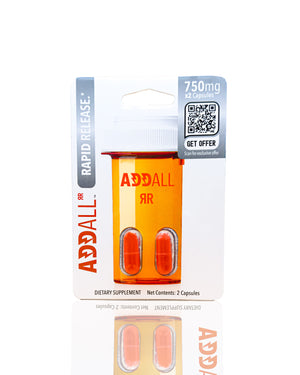
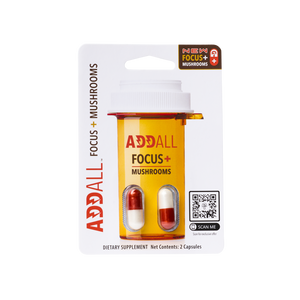

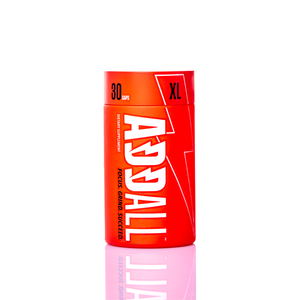
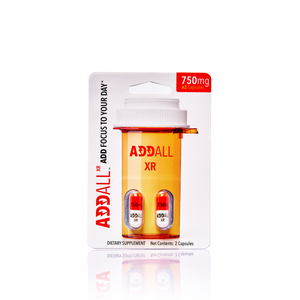
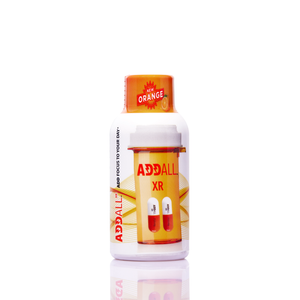

 Addall XR
Addall XR
 Addall XL
Addall XL
 Addall
Addall Addall
Addall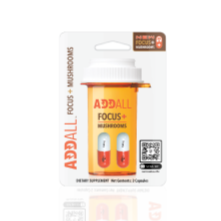 Addall
Addall Addall
Addall
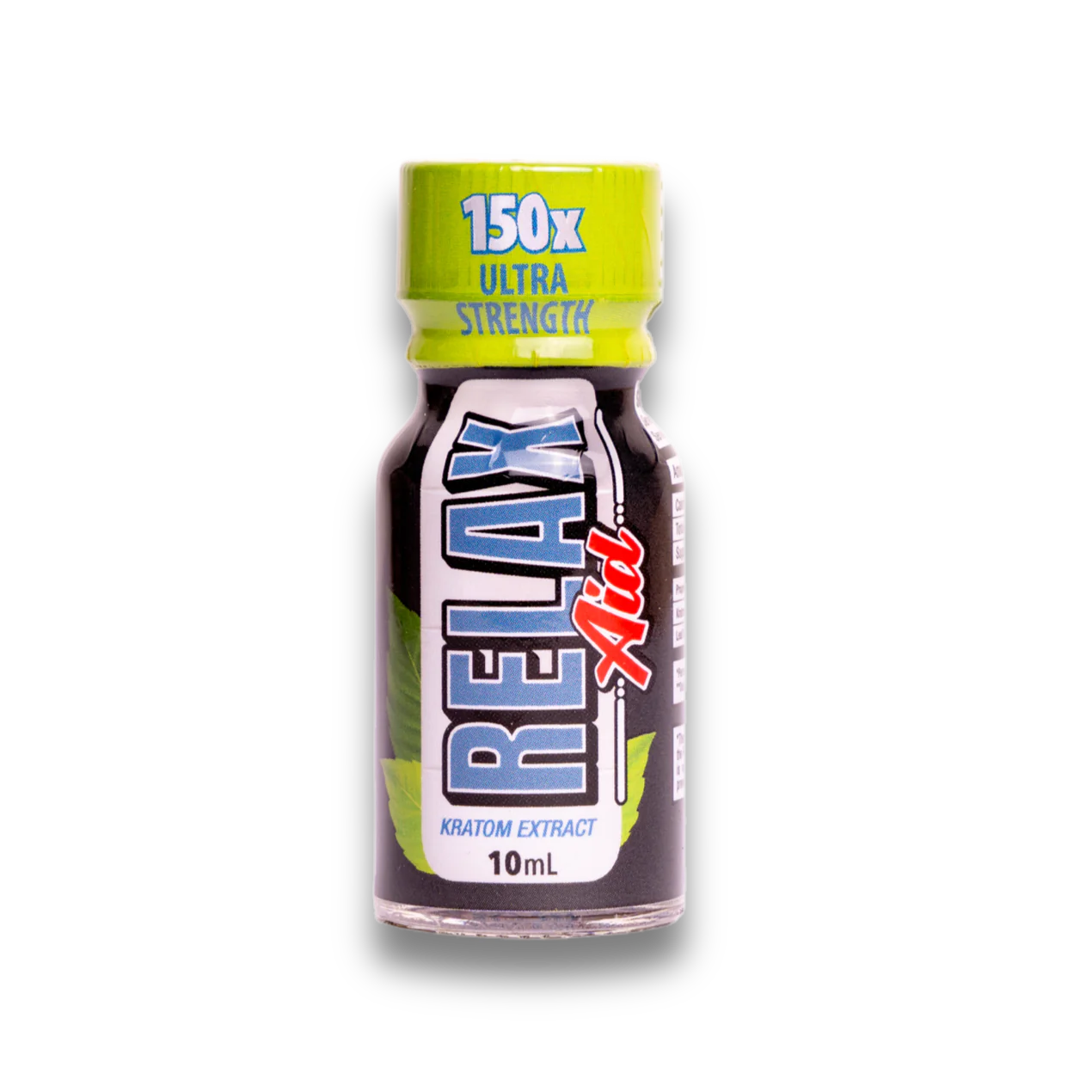 RelaxAid
RelaxAid
 Compare
Compare




















































